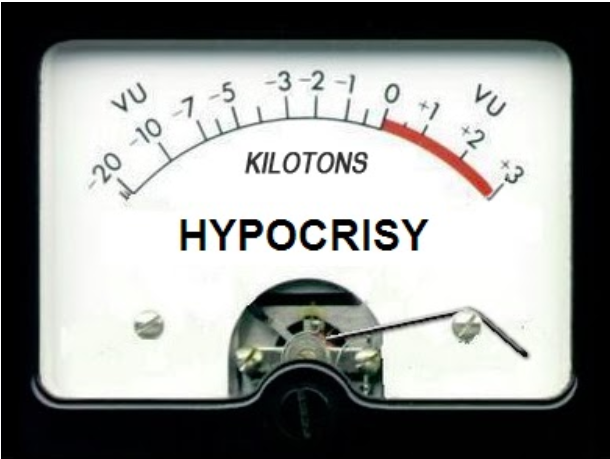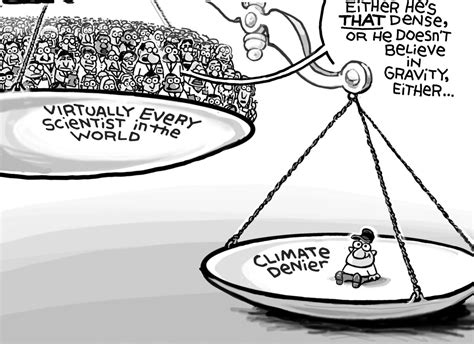Medicare would have saved $6 billion, if the lower prices had been in effect in 2023. As usual, the whole endeavor is shrouded in opacity as drug companies desperately try to keep prices jacked up as high as possible as long as possible. The NYT comments:
It is impossible to tell how much the new prices will save Medicare for each individual drug subject to negotiations. The federal government does not disclose the net prices it pays for medications, which take into account the billions of dollars in discounts the program receives.
Medicare’s Part D program covers most of the costs of prescription drugs that seniors take at home. Approximately nine million Part D beneficiaries took at least one of the first 10 medications subject to negotiations in 2022, according to federal estimates. Some will see direct savings at the pharmacy counter as a result of the negotiation program.
The prices the Biden administration announced were made possible by the Inflation Reduction Act, a climate, health and tax bill signed by Mr. Biden in 2022 that granted the health and human services secretary the authority to negotiate on behalf of Medicare.
Congressional Republicans strongly opposed the Inflation Reduction Act (IRA) when it was passed in 2022. Every Republican in both the House and Senate voted against the IRA. Republicans argued it was a "reckless spending spree" that would harm the economy and waste taxpayer money. They claimed it would not effectively reduce inflation, despite its name. Many objected to the climate and clean energy provisions, viewing them as an expensive and ineffective "Green New Deal".
Hall of Republican Clean Energy Hypocrisy
Not a single Republican in Congress voted to support the Inflation Reduction Act, a key pillar of the Biden administration's affordable clean energy plan. And yet, many are happy to cheer the IRA-funded projects that are benefitting the communities they represent. Read more below and select a Representative to read about their newfound support for clean energy, in their own words.
The costs of global warming are significant and increasing. One estimate is that economic cost in the US is running at about $150 billion/year. Other costs include a worse climate that people have to live in (that gets no economic value) and species that go extinct (they get no economic value). As usual, energy sector companies that have advocated for decades for continuing pollution and global warming deny, distract and impede efforts to do something serious, e.g., a carbon tax. The Hill writes about people wanting the DoJ to file lawsuits against pro-pollution companies for the damage they help cause:
Survivors of “climate disasters” are calling on federal prosecutors to bring fossil fuel companies to court.
The over 1,000 signatories of Thursday’s letter to the Department of Justice lived through wildfires, floods and heat waves caused or exacerbated by the burning of fossil fuels.
Major oil companies have “known since the 1950s about the dangers posed by burning fossil fuels,” they wrote.
“Instead of acting responsibly on their own scientists’ warnings, they waged a decades-long disinformation campaign to muddy the science and confuse and mislead the public.”
Though scientists at fossil fuel companies like Exxon projected current levels of planetary heating with startling accuracy, the industry spent decades fighting climate science, and currently contests federal regulation and financial tools that seek to slow it.The letter to Attorney General Merrick Garland comes amid a wave of nationwide pressure against the industry.On the civil front, there is the a wave of “climate superfund” legislation or lawsuits — from seven states, 35 cities and Washington, D.C. — that seek to hold the industry responsible for the costs of climate change.
In May, House and Senate Democrats referred their own investigation of the industry to the Department of Justice, with Rep. Jamie Raskin (D-Md.) calling on Garland to “investigate big oil for its decades long disinformation campaign to mislead the American public.”
So a new report commissioned by Consumer Reports and conducted by ICF, a global consulting firm that conducts climate studies for businesses and governments, might snap some of us to attention. Its finding: If humanity does not act swiftly to limit it, climate change will cost a typical child born in 2024 at least around $500,000 over the course of their lifetime—and possibly as much as $1 million—through a combination of cost-of-living increases and reduced earnings.
That’s in 2024 dollars, meaning each newborn will lose the current purchasing power of those amounts. Add in inflation and the actual amount they’ll lose over their lifetimes will be much larger.
The study also says those costs will be significantly lower if we act quickly to reduce global carbon emissions.


















